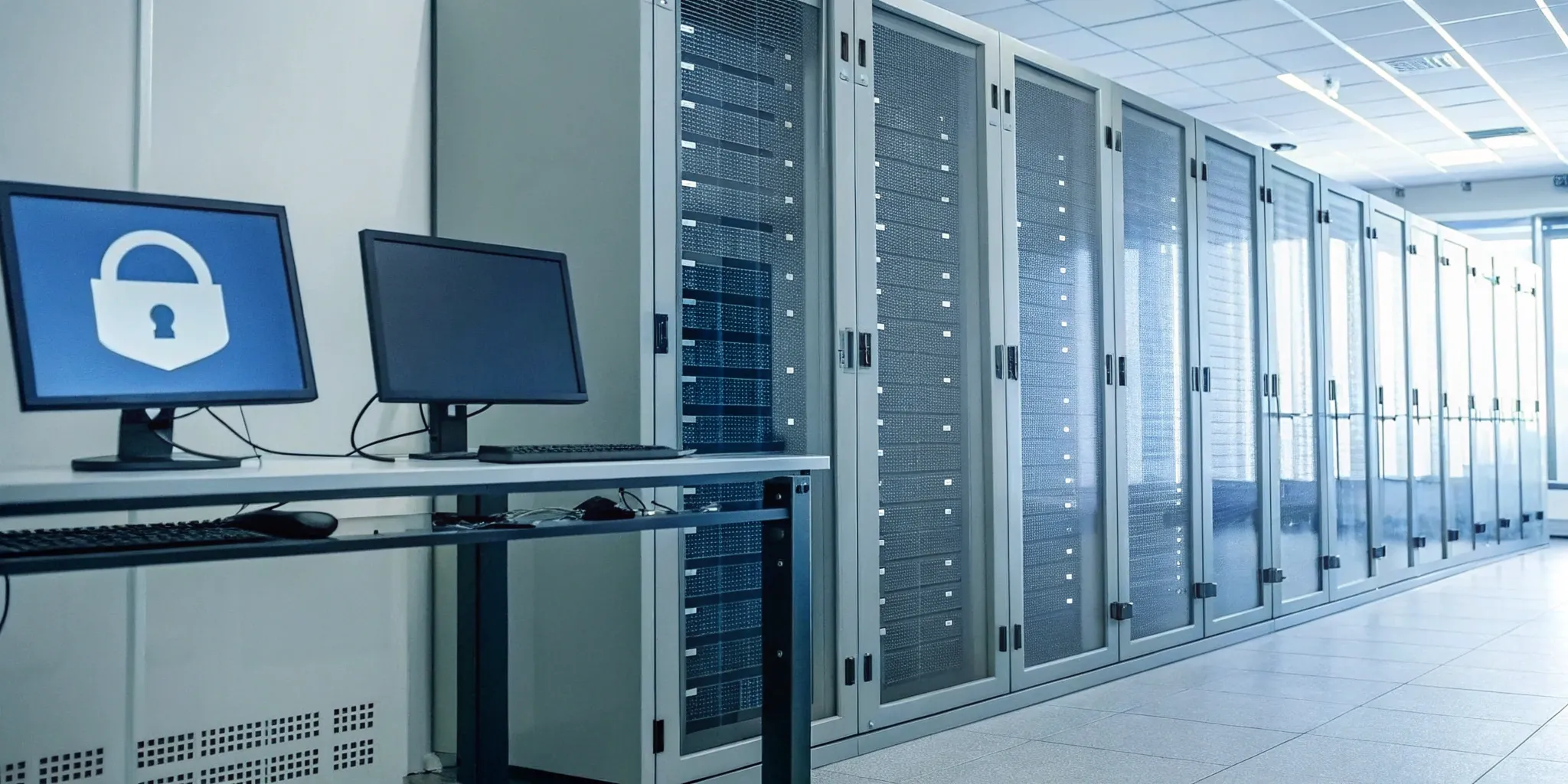How to Prevent Ransomware in Manufacturing - Avoiding Costly Downtime
Introduction:
Ransomware attacks have become a significant threat to the manufacturing industry, causing severe financial losses and operational disruptions. The number of ransomware victims reached an all-time high in 2024, with over 1,600 victims in Q4 alone. This represents the largest number recorded in a single quarter since the inception of the GuidePoint Research and Intelligence Team's (GRIT) annual report. These attacks can halt production lines, leading to costly downtime and affecting the overall supply chain. Proactive measures are essential to safeguard manufacturing operations and ensure business continuity.

Understanding Ransomware in Manufacturing
Ransomware is a type of malicious software that encrypts a victim's data, demanding a ransom for its release. In manufacturing environments, ransomware typically infiltrates through phishing emails, compromised websites, or infected USB drives. Recent cybersecurity reports indicate that the manufacturing industry is one of the top targets for ransomware attacks, highlighting the urgent need for robust security measures. In fact, According to a recent report, the manufacturing industry was the most heavily impacted by ransomware attacks in 2024, followed by the technology and retail/wholesale industries.
The Consequences of Ransomware Attacks
The impact of ransomware on manufacturing operations can be devastating. Downtime can last for days or even weeks, resulting in significant financial losses. On average, a ransomware attack in the manufacturing sector can cost millions of dollars per incident. Beyond the immediate financial impact, there is also the risk of reputational damage and loss of customer trust, which can have long-term consequences for the business.
Preventive Measures: How to Protect Your Manufacturing Operations
1. Conduct Regular Security Audits
Regular security assessments are crucial to identify and address vulnerabilities in your systems. Engaging cybersecurity experts to perform thorough audits can help you stay ahead of potential threats and ensure your defenses are up to date.
2. Implement Robust Network Segmentation
Segmenting your network can contain potential breaches and limit the spread of ransomware. Effective network segmentation strategies include isolating critical systems and using firewalls to control traffic between segments.
3. Employee Training and Awareness Programs
Employees play a vital role in preventing ransomware attacks. Regular training sessions on identifying phishing emails and suspicious activities can empower your workforce to act as the first line of defense against cyber threats.
4. Deploy Advanced Endpoint Protection
AI-powered security solutions can detect and respond to threats in real-time. Tools such as endpoint detection and response (EDR) systems are particularly beneficial for manufacturing environments, providing comprehensive protection against ransomware.
5. Regular Data Backups and Recovery Plans
Maintaining regular backups and testing recovery plans are essential to minimize the impact of a ransomware attack. Storing backups offline can prevent them from being encrypted by ransomware, ensuring you can restore operations quickly.
6. Keep Software and Systems Updated
Regular updates and patches are critical to closing security vulnerabilities. Outdated systems are prime targets for attackers, so keeping your software and systems up to date is a fundamental aspect of cybersecurity.
7. Implement Access Controls and Monitoring
Using multi-factor authentication and role-based access controls can restrict unauthorized access to your systems. Continuous monitoring for unusual network activity can help detect and respond to potential threats before they cause significant damage.
Conclusion
Preventing ransomware in manufacturing is crucial to avoid costly downtime and ensure business continuity. By investing in proactive measures such as regular security audits, employee training, and advanced endpoint protection, manufacturers can safeguard their operations and maintain customer trust. Cybersecurity should be viewed as a critical component of any manufacturing strategy, essential for protecting both financial and operational stability. Working with a managed security services provider like BCS365 can help you keep your business safe and offer remediation solutions in the event of an attack.




